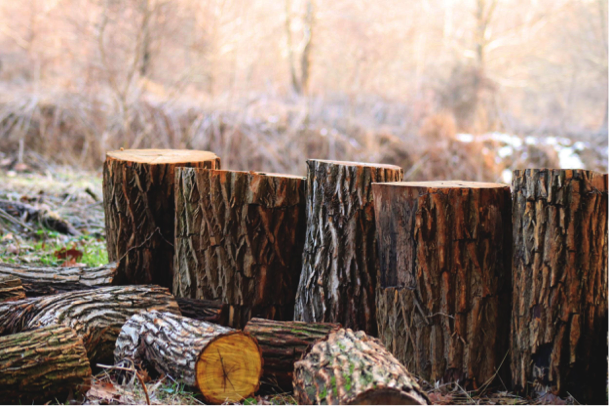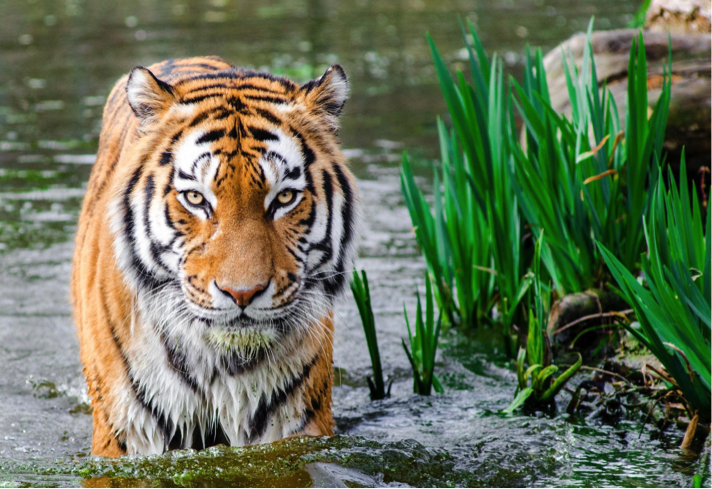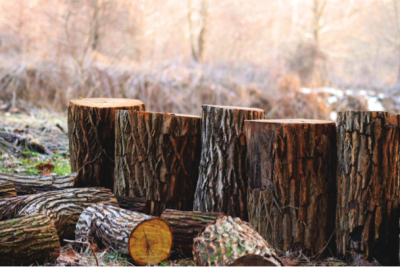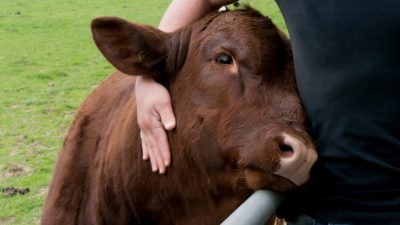Numerous studies and articles have come out in the recent past highlighting the irreversible damage caused to the environment by our meat and dairy-centric diet. And it is not just environmental degradation, eating meat is also a significant contributor to species extinction.
One of these studies, led by Joseph Poore of University of Oxford, UK was published in the journal Science, and was on the basis of a dataset of 40,000 farms in 119 countries, which represented almost 90 percent of the foods consumed across the globe.
Of this study, Poore concludes:
“A plant-based diet is probably the single biggest way to reduce your impact on planet Earth, not just greenhouse gases, but global acidification, eutrophication, land use and water use. It is far bigger than cutting down on your flights or buying an electric car.”

Image Source: Pexels.com
Resource Depletion
Raising animals for food takes up about 45 percent of the world’s land and creating pasture for livestock is responsible for much of the destruction of the verdant and biodiverse Amazon. This is potentially devastating for all of us as the Amazon alone is said to be providing 20 percent of the world’s fresh oxygen and 15 percent of its freshwater.
Land apart, animal agriculture is a very water-intensive industry. Consider this:
- World over, animal agriculture is responsible for the consumption of anything between 20 and 30 percent of freshwater.
- Growing feed for farmed animals consumes 56 percent of the the water
- Producing 1 kg of beef requires 15,400 litres of water
- 1 kg of pork requires 6,000 litres of water
- One liter of milk needs more than 1,000 litees of water
- The manure from factory farms is polluting water bodies and water tables

Image source: Pexels.com
Habitat Loss & Species Destruction
Habitat losses rise due to deforestation, and this also increases the propensity for human-animal conflict. World over, thousands of animals are being killed due to this conflict and due to the perceived threat to crops. In India, most of these killings go unreported, and the annual number could very well be far higher than the figures reported.
Professor Raj Patel of the University of Texas says that our demand for a highly meat-centric diet is driving what he calls the ‘sixth mass extinction’. Prof. Patel says:
“We’re losing species we have never heard of, those we’ve yet to put a name to and industrial agriculture is very much at the spear-tip of that.”
More cause for alarm is the latest Living Planet report, which says that humans and human activities have wiped out 60 percent of wild animal populations since 1970.
World Hunger
A recent study showed that global hunger is on the rise with one person for every nine undernourished. The causes are complex and often interconnected. However, animal agriculture is a significant contributor to the increase in global hunger. Apart from resource depletion which is a connected cause, it is also important to note that the majority of the food grains grown are being used as feed for farmed animals instead of people. This is an inefficient use of food as we get far fewer calories back in meat, eggs and milk than are fed to farmed animals.

Image Source: Pixabay.com
Climate Breakdown
A recent and shocking report from the UN highlighted that we have only twelve years to keep global temperature rise under 1.5oC or we will face significantly higher risks of floods, droughts, and other calamities. Animal agriculture is a significant contributor to this change. Starting with deforestation, which depletes the natural canopies, which are vital to the regeneration of oxygen, to the use of fossil fuels, emissions from the animals themselves and pollution, our meat-centric diet is causing irreversible damage to the environment and the climate.
We Can Do Better
Our dietary choices have the power to help bring about a positive change for the planet. Choosing plant-based foods can contribute to water and forest conservation, curb pollution, mitigate climate change, and save species from extinction. Want to get started? Download our Vegan Starter Kit now.



